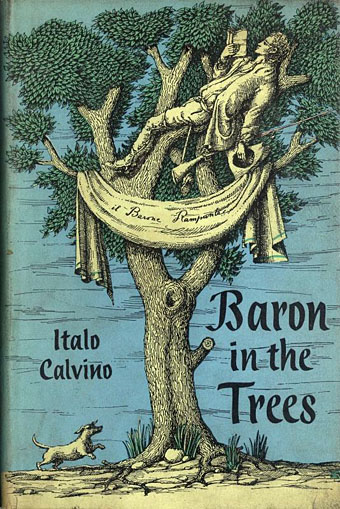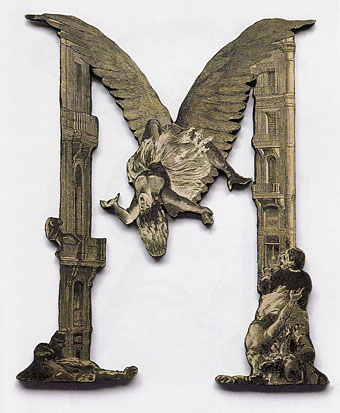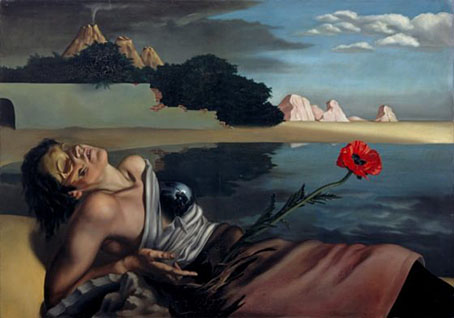October is drone month. July is often drone month as well, if the heat rises to a degree that I can’t bear to listen to anything more taxing than Main, On Land, or the Paul Schütze recordings that feature thunderstorms. But October owns the drone because it also owns Halloween, as I noted in this Halloween playlist. The first entry there, Zeit by Tangerine Dream, is such a perennial favourite that it’s one of the few albums I can imagine writing about for the 33 1/3 books. But this year Zeit has been competing for haunted airtime with the Cthulhu album from Cryo Chamber, a label devoted to the darker end of the ambient spectrum, where choral throngs in colossal chambers are scoured by the katabatic winds that howl through vast subterranean chasms while Thrones of Darkness brood with Amorphous Abominations in the Illimitable Void etc etc. The Cthulhu album is the first in a series of Lovecraft-themed collaborations by Cryo Chamber artists, with each release taking a Cthulhu Mythos god as its subject. I still find this one to be the best of the series so far, not least because the character of Lovecraft’s tentacled monstrosity is more clearly defined than the other gods which lends more definition to the musical illustration. There are no separate tracks on these albums, all the pieces are mixes that cover the sides of one or more compact discs, blending the contributions of the different artists into a single work. The Cthulhu drones are suitably sub-oceanic, like Eric Holm’s Barotrauma with added cosmic horror, a suite of restless stirrings from the Thing that lies dreaming at Point Nemo. Towards the end the Thing awakens to wreak havoc upon the upstart human world, but not before we’ve heard a mutant voice daring to speak aloud the invocation from The Call of Cthulhu.
Previously on { feuilleton }
• Hodgsonian vibrations





